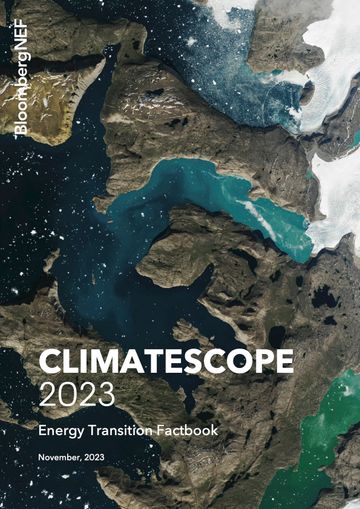Algeria
With a power score of 1.71, Algeria ranks number 64 among emerging markets and number 91 in the global power ranking.
- Emerging markets
- Africa
1.71 / 5
Power score
-6 places
Global power rank change
Overview
Algeria has a power score of 1.71, which puts it at rank 91 in the global power ranking, and rank 64 in the emerging markets power ranking. In comparison to 2021, Algeria has deteriorated in the power rankings by -10 places, from rank 81, to rank 91.
At 1.71, the power score of Algeria is better than the regional average of 1.54 in the Africa region.
Regional power score comparison
Power
Power policy
Algeria implements policies in 3/6 power policy categories tracked by Climatescope, including Renewable energy target, Renewable energy auction, Feed-in Tariff, Net Metering, Import tax incentives, VAT incentives.
Power policies
Power prices and costs
The average electricity price in Algeria has dropped from 28.85 USD/MWh in 2021 to 27.54 USD/MWh in 2022. Since 2017, the average electricity price in Algeria has fluctuated between 26.53 USD/MWh (2020) and 30.53 USD/MWh (2017).
Power market
The top amount of capacity installed in Algeria in 2022 was in Natural Gas at 95.02%, down from 95.49% in 2021. The technology with the biggest increase in capacity installed in 2022 was Solar PV at 2.31%, up from 1.82 in 2021.
Installed capacity (in MW)
Electricity generation (in GWh)
The largest electricity generating technology in Algeria in 2022 was Natural Gas, generating some 98.64% of electricity, down from 98.82% in 2021. The technology with the biggest increase in eletricity generation in 2022 was Solar PV at 0.97%, up from 0.8% in 2021.
Investment in clean energy in Algeria was around $14.4 million in 2022, an increase of 60% from 2020 ($9 million). Between 2017 and 2022, the highest investment in clean energy was in 2022 at $14.4 million, while the lowest was in 2020 with $9 million.
Utility privatisation
Which segments of the power sector are open to private participation?
Type
Question
Availability
Wholesale power market
Does the country have a wholesale power market?
Doing business and barriers
Type
Question
Availability
Currency of PPAs
Are other PPAs (eg. corporate PPAs) signed in or indexed to U.S. Dollars or Euro?
Type
Question
Availability
Bilateral power contracts
Can a C&I (Commercial and Industrial) customer sign a long-term contract (PPA) for clean energy?
Type
Question
Availability
Fossil fuel price distortions - Subsidies
Does the government keep the wholesale price of electricity from fossil fuels artificially low through subsidies?
Type
Question
Availability
Fossil fuel price distortions - Taxes and carbon prices
Does the government significantly increase the wholesale price of electricity from fossil fuel through targeted taxes and/or carbon prices?
Transport
Transport policy
Algeria implements policies in 1/9 transport policy categories tracked by Climatescope, including Clean transport target, National ICE phase-out, EV purchase grant/loan incentive, EV VAT reduction/exemption, EV import tax reduction/exemption, EV income tax reduction/exemption, EV recurring tax reduction/exemption, EV charging infrastructure target, E-bus target.
Transport policies
Type
Question
Availability
Fuel economy standards
Does the country have a fuel economy standard in place?
